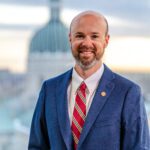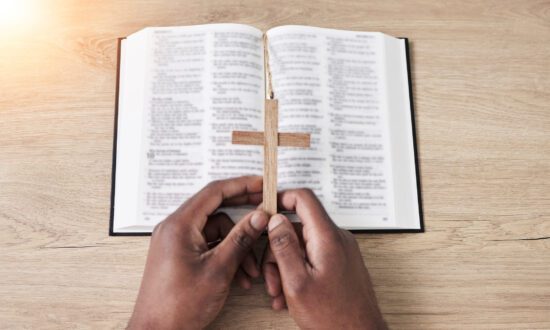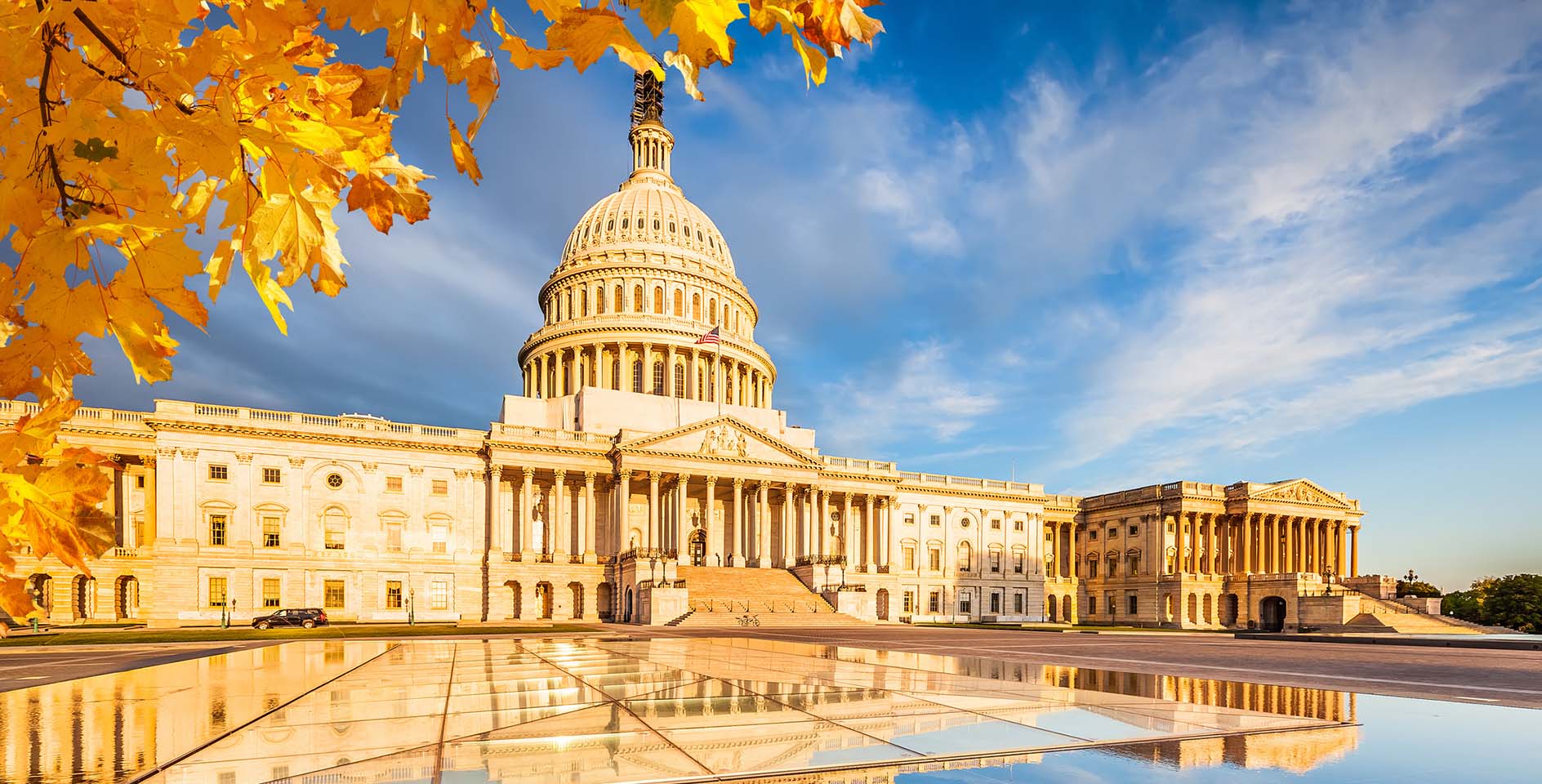According to Chairman Martin R. Castro of the United States Commission on Civil Rights, phrases such as ‘religious liberty’ and ‘religious freedom’ should now be considered “code words for discrimination, intolerance, racism, sexism, homophobia, Islamophobia, Christian supremacy or any other form of intolerance.” Those remarks are found in Castro’s official statement in a new report, “Peaceful Coexistence: Reconciling Nondiscrimination Principles with Civil Liberties,” which was released this month by the commission. The report was commissioned for the purpose of considering conflicts between domestic laws protecting religious freedom and those intended to prevent discrimination. In the course of the inquiry, the commission reviewed the history of judicial findings in “claims for religious exemptions from otherwise applicable nondiscrimination law.” The results of this briefing report are significant. The document clearly presents claims for religious exemptions from nondiscrimination laws as a significant threat to civil liberties.
The 306-page report is marked by “an overall disdain for actions motivated by religion.” Not only does the chairman insult advocates of religious freedom using incendiary rhetoric, but the document also “implies religious believers’ support of religious liberty is often motivated more by hate than by adherence to God’s revelation.” This stunning effrontery coincides with the commission’s findings that “Overly-broad religious exemptions unduly burden nondiscrimination laws and policies.” The meaning of which is clarified by perhaps the most audacious claim in the entire report, “civil rights protections ensuring nondiscrimination, as embodied in the Constitution, laws, and policies, are of preeminent importance in American jurisprudence.”
To say that this report represents an incredible threat to religious liberty would be a profound understatement. In this document, the United States Commission on Civil Rights—purportedly a bipartisan, independent federal commission—makes the unequivocal determination that status-based civil liberties should henceforth supersede those based upon religion. That declaration represents an “entire legal revolution.” In a document submitted to both the President and the United States Congress, this commission reported, “Religious exemptions to the protections of civil rights based upon classifications such as race, color, national origin, sex, disability status, sexual orientation, and gender identity, when they are permissible, significantly infringe upon these civil rights.”
This is, in fact, a stunning devaluation of religious liberty as a preeminent American principle. Not only does this report subordinate religious freedom in the service of “preeminent” status-based liberties and identity politics—and note that chief among these are sexual orientation and gender identity which are not included among federally protected classes—but it also denies that the First Amendment protects an individual’s right to act upon his or her beliefs. Martin Castro, the Commission’s chairman went on to make the following disturbing remarks:
The phrases “religious liberty” and “religious freedom” will stand for nothing except hypocrisy so long as they remain code words for discrimination, intolerance, racism, sexism, homophobia, Islamophobia, Christian supremacy or any form of intolerance.
Castro, like the report, scare quotes religious liberty by assigning it the worst motives imaginable for why an individual would hold beliefs about sexuality and gender that fail to comply with progressive sexual ethics. This is a snapshot of the mass confusion and deliberate blurring of constitutional principle. Two hundred years of American tradition around religious liberty have now been reduced to phobia and intolerance.
The report patronizingly asserts that while the First Amendment indeed protects the individual’s right to determine his or her beliefs, the freedom to act on one’s beliefs “should be constrained by statutory law.” So constitutional precedent takes a backseat to statutory declaration and interpretation left for progressive bureaucrats to define. Civil rights protections are important categories worthy of protection, but not at the cost of denying and obscuring other categories of protection such as religion.
To quote Albert Mohler, this briefing report is an absolute bombshell. Religious freedom is a fundamental American principle. It stands at the very core of our national identity. Its merits and contributions to our republic are beyond contestation. Chairman Castro and the commissioners supporting the conclusions of this report have done an incredible disservice, not only to religious persons in America, but to our republic as a whole. Religious liberty is a liberty that travels together with basic other freedoms ascribed in the First Amendment. It is interesting that the chairman would suggest that ardent supporters of religious freedom are twisting religion in order “to deny others the full promise of America” when there is arguably no greater contribution to the American tradition that religious liberty. Indeed, it seems clear that those guilty of “discriminatory overreach” are not the those seeking the expansion of religious liberty, but those pursuing its elimination.
The absurdity of the report’s findings have not gone unchallenged. Senator Ben Sasse (R—NE) took to the floor of the Senate on Thursday denouncing the report’s conclusions. In his remarks, Sasse blasted the report for straying from its mission, offering instead a “disturbingly low view of our First Freedoms.”
Religious liberty is far more beautiful, far more profound, and far more human. Our national identity is actually based on that very premise.
The American Founding was unbelievably bold. Our Founders were making the claim that almost everyone in the history of the world had actually been wrong about the nature of government and human rights.
Our country’s Founders believed that God created people with dignity and we have rights via nature. And their conviction matters for today’s conversations. It is our Constitution, in fact.
No king, no Congress, no Commission gives us our rights. Government is not the author or source of our freedoms.
We have rights because we’re people, created with dignity and government is our shared project to secure those rights. And so, “We the People” give the government authorities; the government doesn’t give us rights.
[…]
The Commission’s report is titled “Peaceful Coexistence.” But this profession of “Peaceful Coexistence” must never quietly euthanize “religious liberty” because Washington lawyers find it convenient to do so.
It must never be used to chip away at our most fundamental freedom.
It must never undermine the essence of what it means to be human.
The U.S. Commission on Civil Right’s report is biased and undermines not only the constitutional deference religious liberty deserves, but also the commission’s credibility as a worthwhile source for protecting American ideals. As Sasse makes clear, in the difficult task of shaping a truly pluralist political order that finds creative ways to protect competing interests while assigning dignity to both, the U.S. Commission on Civil Rights has failed.











